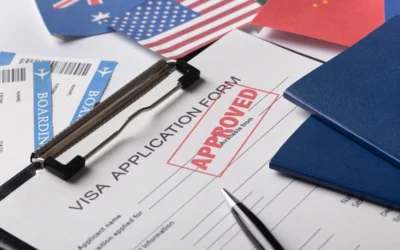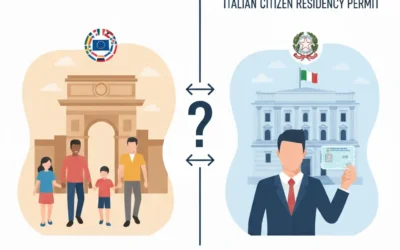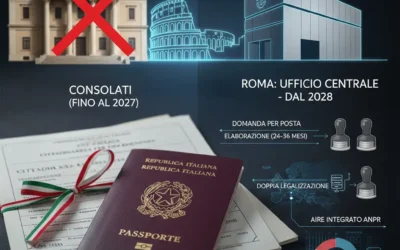The Italian Government has officially published in the Official Gazette the Decree of the President of the Council of Ministers (DPCM) dated October 2, 2025, establishing the programming of legal entries of foreign workers to Italy for the years 2026–2028 — commonly known as the Flussi Decree or Work Visa Quota Program.
Entry quotas for 2026–2028
Over the next three years, a total of 497,550 foreign nationals will be allowed to enter Italy for seasonal, non-seasonal, and self-employed work.
The yearly quotas are distributed as follows:
- 164,850 foreign workers for 2026
- 165,850 foreign workers for 2027
- 166,850 foreign workers for 2028
These quotas apply to foreign nationals residing abroad and are divided by country of origin and type of employment.
For more detailed numbers read New Immigration- Flussi Decree 2026-2028 : How Many Foreign Workers Can Enter Italy
Italy flussi click day 2026
The decree also sets out the official “click day” dates — the days when employers can submit online applications for work permits:
- January 12 – for seasonal agricultural workers
- February 9 – for seasonal tourism workers
- February 16 – for non-seasonal employees in various sectors, including self-employed workers of Italian origin, refugees, and stateless persons
- February 18 – for non-seasonal workers in the family and home care sector
Employers will have the possibility to fill out applications in advance, before the official click day.
The exact pre-filing period, along with all operational instructions, will be outlined in a joint circular issued by the Ministry of the Interior, the Ministry of Labour and Social Policies, the Ministry of Agriculture, Food Sovereignty and Forests, and the Ministry of Tourism, in coordination with the Ministry of Foreign Affairs and International Cooperation.
Purpose and impact of the new Flussi Decree
The Italy flussi Decree 2026–2028 reflects Italy’s strategy to align legal migration with labor market demands, especially in sectors such as agriculture, tourism, and domestic assistance, where foreign labor remains essential.
By expanding the number of available quotas and defining clear application dates, the government aims to ensure a transparent and predictable process for both employers and foreign nationals seeking to work legally in Italy.










